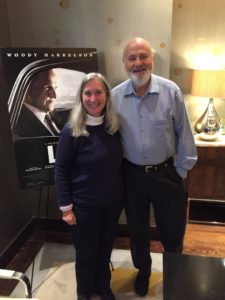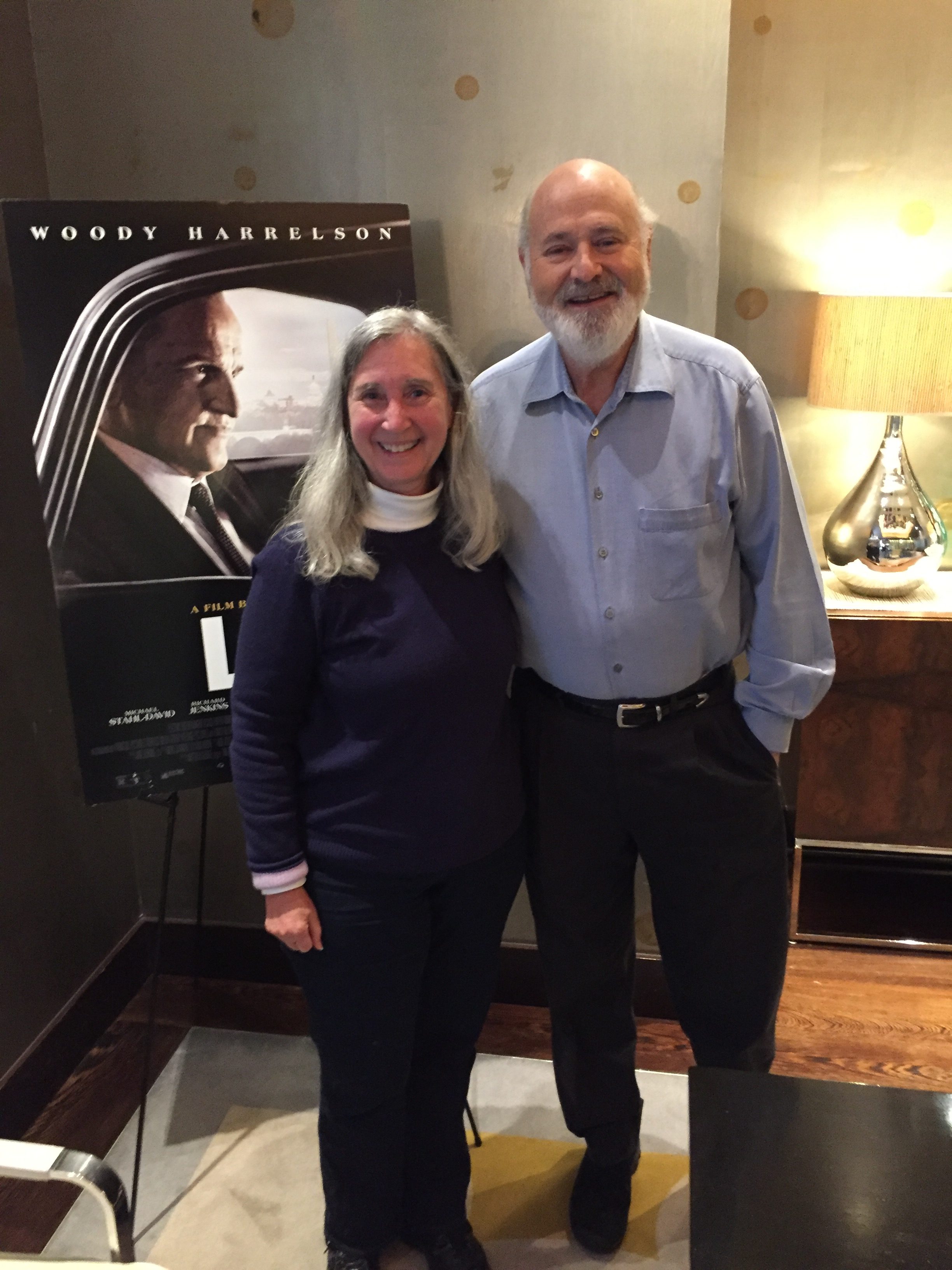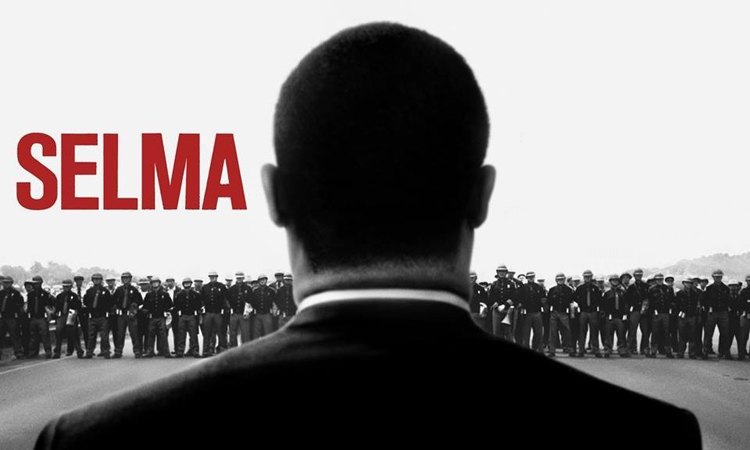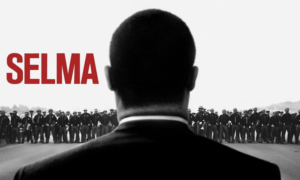Interview: Rob Reiner on “LBJ”
Posted on November 1, 2017 at 12:04 pm
Rob Reiner’s new movie, “LBJ,” stars Woody Harrelson as Lyndon Johnson, focusing on the months between the tragedy of the 1963 Kennedy assassination, which catapulted him into the Presidency, and the passage of the landmark Civil Rights Act in 1964. The film opens in theaters November 3, 2017 and it is an illuminating and warmly human portrayal of a complicated man who was a genuine leader. In an interview, Reiner talked about how his own views of President Johnson have changed since the 1960’s and how he was able to bring about one of the most powerful pieces of legislation in history.
It’s an unexpectedly gentle portrayal of a President who was a polarizing figure when he was in office.
It’s an odd film for me to be making because I hated LBJ during the 60’s. I was of draft age and I was against the war, I marched in protests. So I hated him.
It wasn’t until I spent a lot of time in politics, I grew up, I actually had a government job in California for seven years and then I got to understand what LBJ was able to accomplish. He was like a tale of two Presidencies. He was probably except for FDR the most successful domestic legislative president of all time and had it not been for Vietnam he would have gone down as one of the one of the great Presidents of all time.
So I wanted to look at this man and see what else there was about him that we didn’t already know because the image that we always had besides the fact that we didn’t like him because of Vietnam was this kind of bully, a bull in the china shop, arm-twisting crude guy showing his scar, picking the beagle up by the ears; was there more to this guy?
In doing the research aside from reading the Robert Caro books, in reading Doris Kearns Goodwin’s book, it became very clear that there was definitely another side to this guy. There were two things that I teased out of that book. One is that he had this recurring nightmare of being paralyzed and the other was that he had a fear that his mother didn’t love him or at least conditionally loved him and only loved him when he was doing what she wanted him to do.
So it made for somebody who had serious doubts about himself; fears of not being loved, insecurity. If we can get that across, whatever his political legacy is we’ll at least capture who this guy is.
We decided to use a very small sliver of time which is to take it from Kennedy’s landing at Love Field in Dallas to Johnson delivering the speech about the Civil Rights Bill in front of the joint session of Congress. In that time Johnson has to assume the Presidency. That’s a pressure point that will bring out who this guy really is and we see it. He is paralyzed at first but then he’s able to move forward.
Was Kennedy’s death significant in pushing the Civil Rights Act to the top of the legislative agenda?
Many people think that. There were reporters at the time that were on the floor that worked on Capitol Hill who said that there was no chance that bill was getting out of Committee; it was locked up in committee. As we point out in the film, Richard Russell who was the head of the Southern caucus, the Democratic caucus in the South said, “I’ll stop this thing, I’ll make it so that it never reaches the floor.” But as events happened, the fact that Kennedy was assassinated which was horrible and made the country mourn and made us all so upset it also provided a legislative path forward. And Johnson was able to understand it because he had a consummate knowledge of how to move policy forward. He said, “You never underestimate the power of a martyr’s cause.”
He knew at that point he could move it forward and even then it was touch-and-go because he knew he was going to lose the Southern Democrats. He said, “We’re going to lose them for a generation,” and it’s been way more than a generation. It’s been over fifty years and the South is still controlled by the Republicans because of that Civil Rights Act, so he paid an enormous price politically to do that. He thought it was worth it.
Was he a true believer in the cause of civil rights?
Yes, but his belief was hidden by the fact that he had to say what was necessary to keep his seat. He never viewed himself as a Southerner, he viewed himself as a Texan and as a Westerner; he came from the West Hills section of Texas. He was raised in poverty, he understood it, that was the cornerstone of his Great Society and the War on Poverty. He taught in impoverished schools so he understood that, but it was buried and submerged for a long, long time until he saw the opportunity to let it come forward. There’s Head Start, there’s Medicare, there’s Medicaid and there is the Voting Rights Act; all of these things that he in a very short period of time.
As you show in the film, he was famously crude. Was he clueless or was that an intimidation tactic?
I think it was part intimidation but also part of the way he was. He was a very down home kind of guy. He was not a sophisticated guy and that’s one of the things that frightened him so much because he saw the Kennedys as being upper crust, Eastern, from great schools, loved, handsome, beautiful, and articulate. He thought they were show horses and he was a work horse. That’s who he was but he also knew how to show power and how to execute power.



